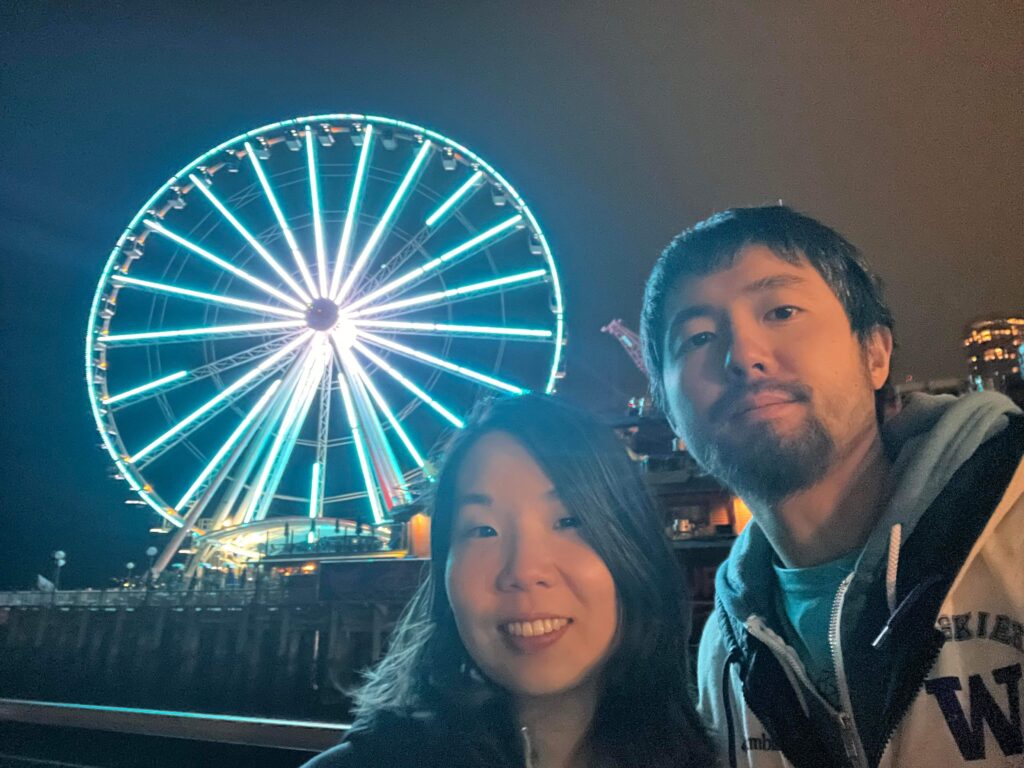May marks a significant occasion in the medical community: National Clinical Trials Month and National Clinical Trials Day [May 20th]. It’s a time to recognize the invaluable contributions of clinical research to the advancement of healthcare. This month, as we acknowledge the progress made in various fields, let’s focus our attention on the critical role clinical trials play in ending cervical cancer—a disease that affects thousands of individuals worldwide.
The Importance of Clinical Trials in Ending Cervical Cancer
Cervical cancer remains a global health emergency, claiming hundreds of thousands of lives each year. Despite advancements in screening and prevention as well as through vaccines, many individuals still succumb to this preventable disease. Clinical trials serve as the cornerstone of progress in cervical cancer research. They provide a platform for testing new treatments, improving existing therapies, and enhancing our understanding of the disease’s biology.

In recent years, clinical trials have led to groundbreaking discoveries in cervical cancer treatment. From targeted therapies to immunotherapies, these trials have expanded treatment options, offering hope to patients who previously had limited choices. Moreover, clinical research has paved the way for personalized medicine approaches, allowing healthcare providers to tailor treatments based on individual patient characteristics, ultimately improving outcomes and reducing the various side effects.
The Role of Participation
Active participation in clinical trials is crucial for accelerating progress in cervical cancer research. Patients who enroll in trials not only gain access to cutting-edge treatments but also contribute to the collective knowledge that drives medical innovation. Each participant plays a vital role in advancing scientific understanding, ultimately benefiting future generations of patients.
Participating in a clinical trial can be a deeply personal decision, influenced by various factors such as medical history, treatment preferences, and access to care. However, it’s essential to recognize the potential impact of participation, both on an individual level and within the broader context of public health. By joining a trial, patients not only receive advanced care but also become partners in the quest to end cervical cancer once and for all.
Addressing Barriers to Participation
Despite the critical importance of clinical trials, several barriers exist that hinder participation. These may include lack of awareness, logistical challenges, concerns about safety, and disparities in access to healthcare. Overcoming these barriers requires efforts from healthcare providers, researchers, policymakers, patient advocates, and the community at large.

Education and outreach efforts are essential for raising awareness about clinical trials and dispelling misconceptions. Providing clear information about the purpose, risks, and benefits of trials empowers patients to make informed decisions about their participation. Moreover, initiatives to address logistical barriers, such as transportation assistance, financial support, and flexible scheduling, can enhance access to trials for diverse populations.
As we observe National Clinical Trials Month and National Clinical Trials Day, let’s reaffirm our commitment to advancing cervical cancer research through participation in clinical trials. Together, we can drive innovation, improve treatment options, and ultimately work towards the elimination of this devastating disease. Every contribution, no matter how small, brings us closer to our shared goal of a world free from cervical cancer. Let us stand united in the mission, embracing the hope that clinical trials offer for a brighter, healthier future.
Have you been on or are currently on a clinical trial? Are you willing to share your personal experience? We would love to hear from you! Email us today at [email protected].


